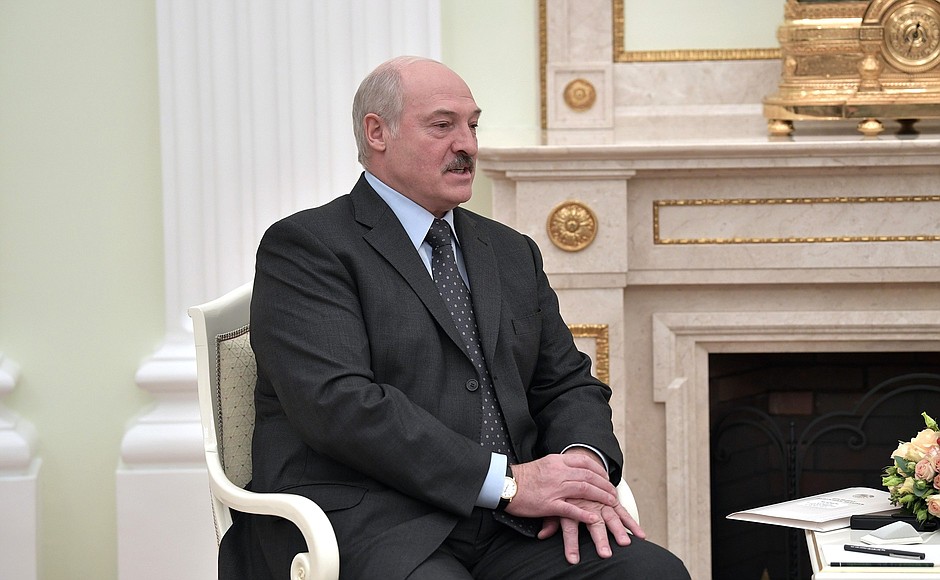Belarus holds parliamentary election as strongman leader keeps grip

- Country:
- Belarus
Parliamentary elections being held in Belarus on Sunday will be closely watched by the West to see how much leeway President Alexander Lukashenko will allow opposition candidates while keeping his grip on power.
Lukashenko, 65, has ruled the east European country with an iron fist for a quarter of a century but has begun allowing some opposition in a bid to foster ties with the West as relations with Moscow stutter. In September, the U.S. and Belarus announced they would resume ambassadorial relations for the first time since 2008.
Washington also signaled it might further scale back sanctions on Minsk depending on how this month's parliamentary elections and the 2020 presidential vote are conducted. While U.S. and European Union sanctions imposed on Belarus over its treatment of political opponents were mostly lifted in 2016 following the release of political prisoners and other reforms, relations with Russia, a traditional ally, suffered after Minsk refused to recognize Moscow's annexation of Ukraine's Crimea peninsula in 2014.
Moscow has also cut subsidies to Belarus that have long kept the country of 9.5 million in its orbit. Lukashenko has bristled at what he sees as Russia's attempt to strong-arm his country into merging with its much larger neighbor and has accused Moscow of falling into "hysterics" over his moves to balance ties between east and west.
At the last parliamentary elections, in 2016, Lukashenko allowed two opposition candidates to win seats in the 110-member parliament for the first time in two decades, though both have been barred from standing this time around. Around 300 opposition candidates are contesting the election though some others were not allowed to register.
"The authorities are making some concessions, but at the same time they are signaling that they won't allow democracy to run wild," said Yauheni Preiherman, Director of the Minsk Dialogue Council on International Relations. Belarus fell into recession in 2015 and 2016 and this year the government estimates that a subsidy cut from Russia will cost the budget $600 million. Economic growth is expected to be around 1% this year.
With the economy propped up by Russian subsidies, Lukashenko had avoided carrying out liberal market reforms on the same scale as some other former Soviet republics. The weak economy has prompted some election candidates loyal to Lukashenko to speak about the need for reform rather than maintaining stability.
"I see a need for Belarus to pursue all reforms more actively," Andrei Savinykh, the former Belarus ambassador to Turkey and Iraq who is running for parliament, told Reuters.
(This story has not been edited by Devdiscourse staff and is auto-generated from a syndicated feed.)
- READ MORE ON:
- Alexander Lukashenko
- Belarus
- European
- Moscow
- Minsk
- Washington
- Russia
- European Union
- Ukraine
- Iraq
ALSO READ
Japan to expand Russia-bound export ban to li-ion batteries, industrial items
Russian forces enter suburb of Chasiv Yar in Ukraine, says RIA
Russia calls Swedish plans for NATO base in Baltic a provocation - RIA
Russia says it downed 53 Ukrainian drones overnight, RIA reports
Russia renews big attacks on Ukrainian power grid using better intelligence and new tactics










